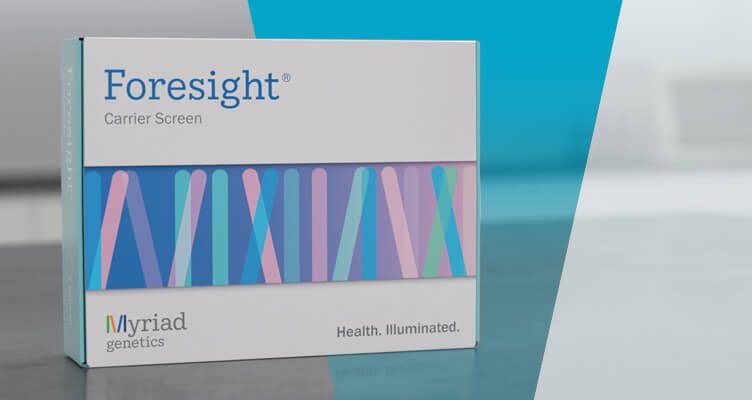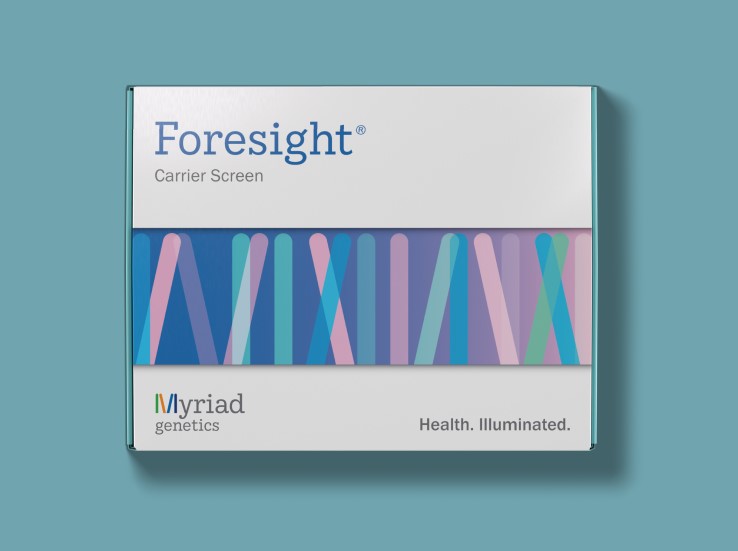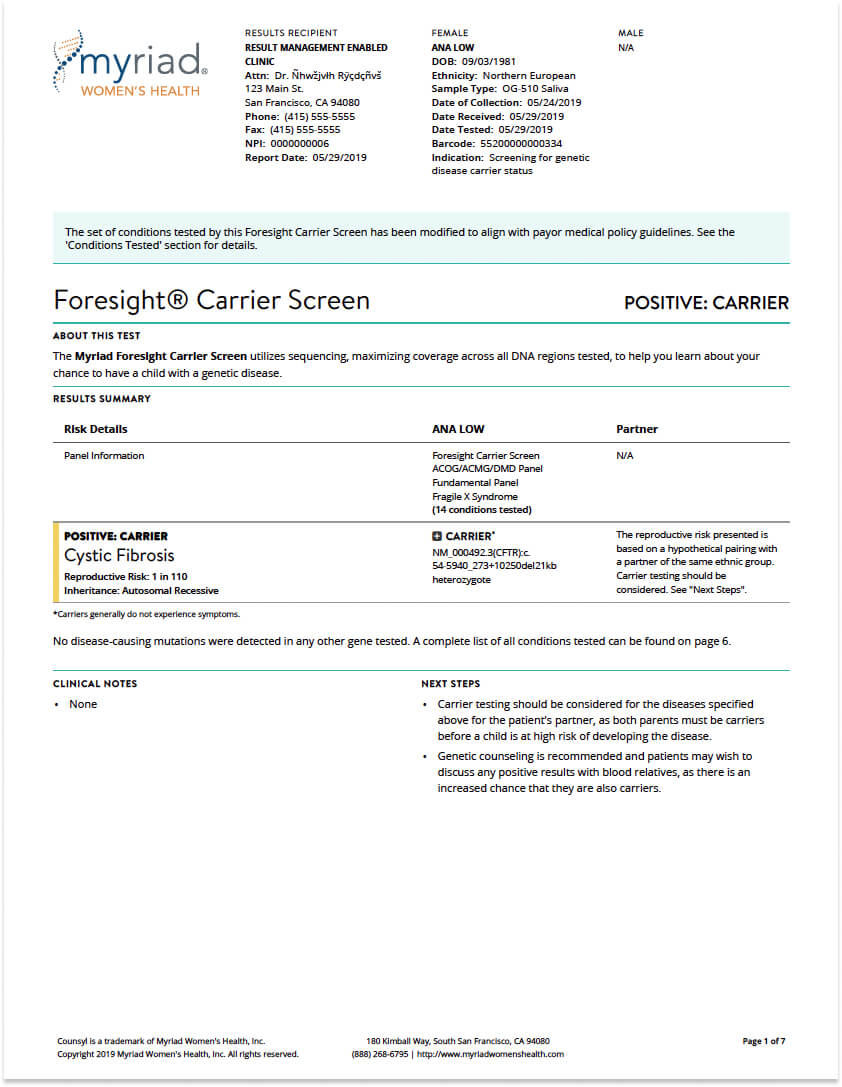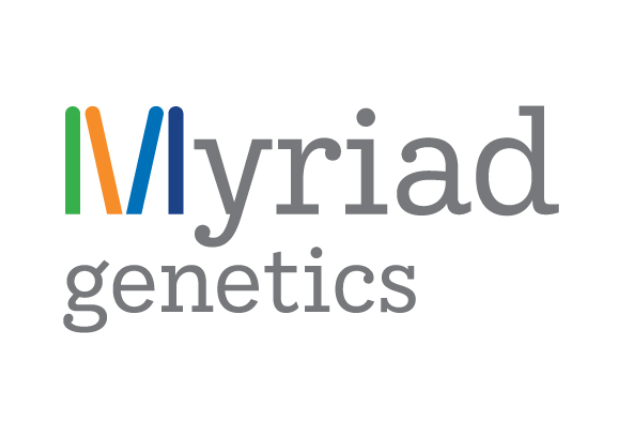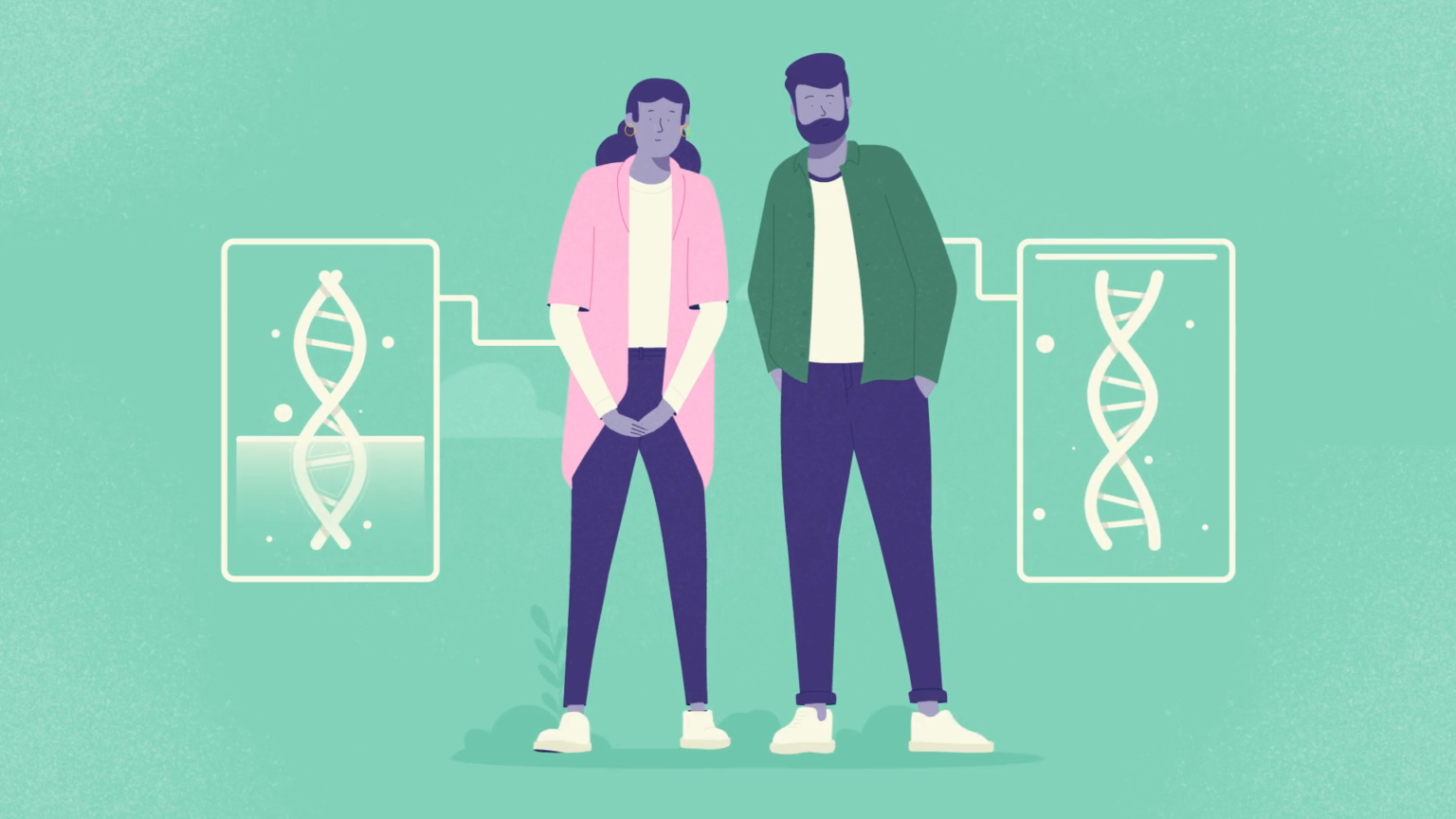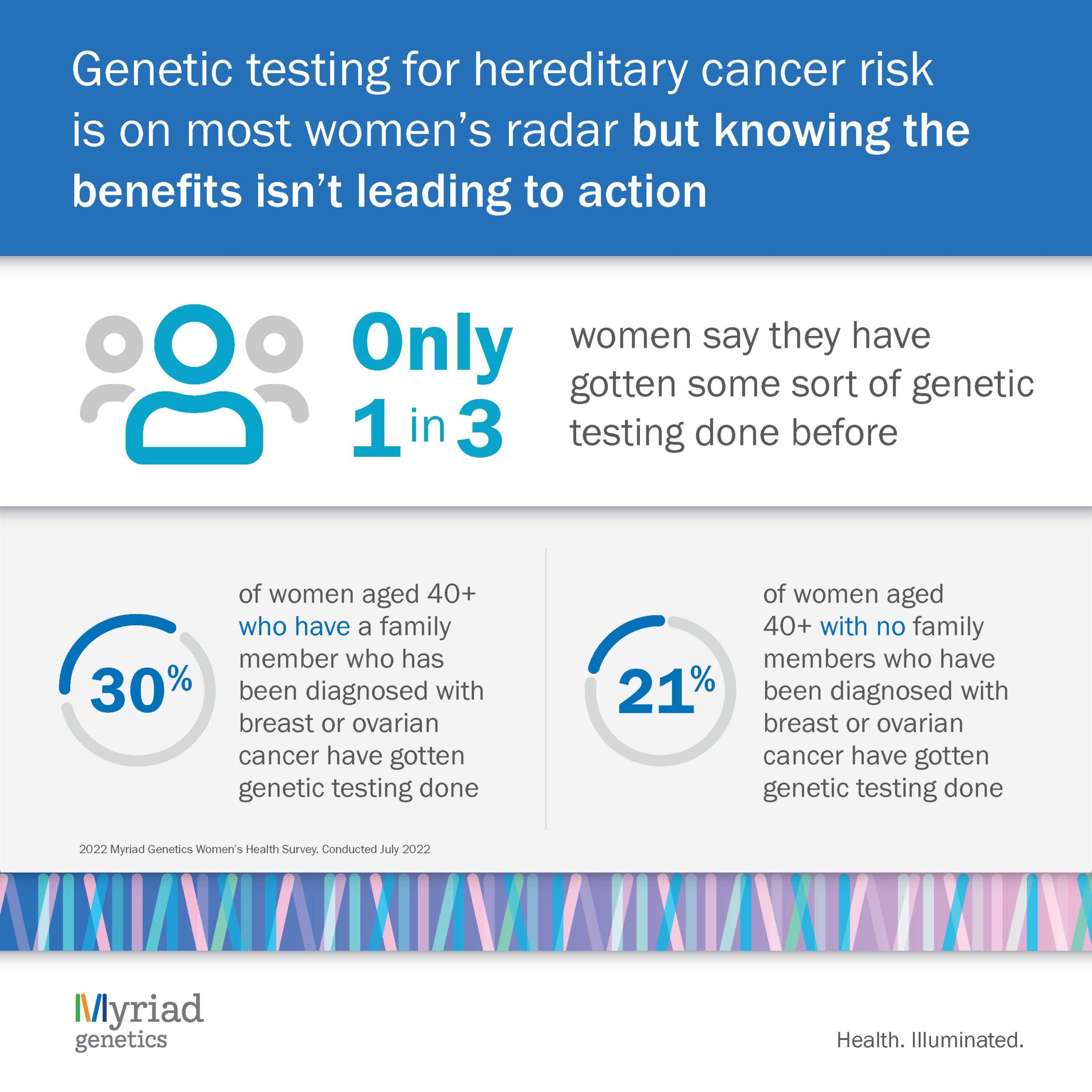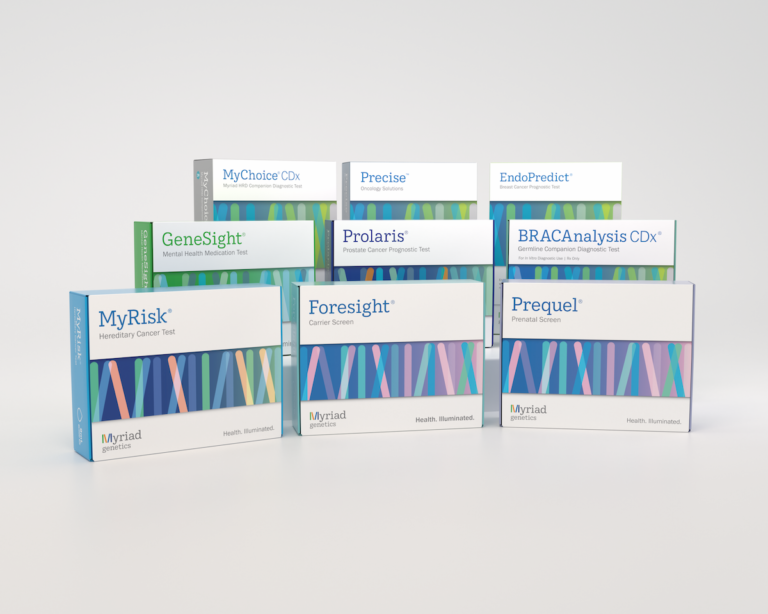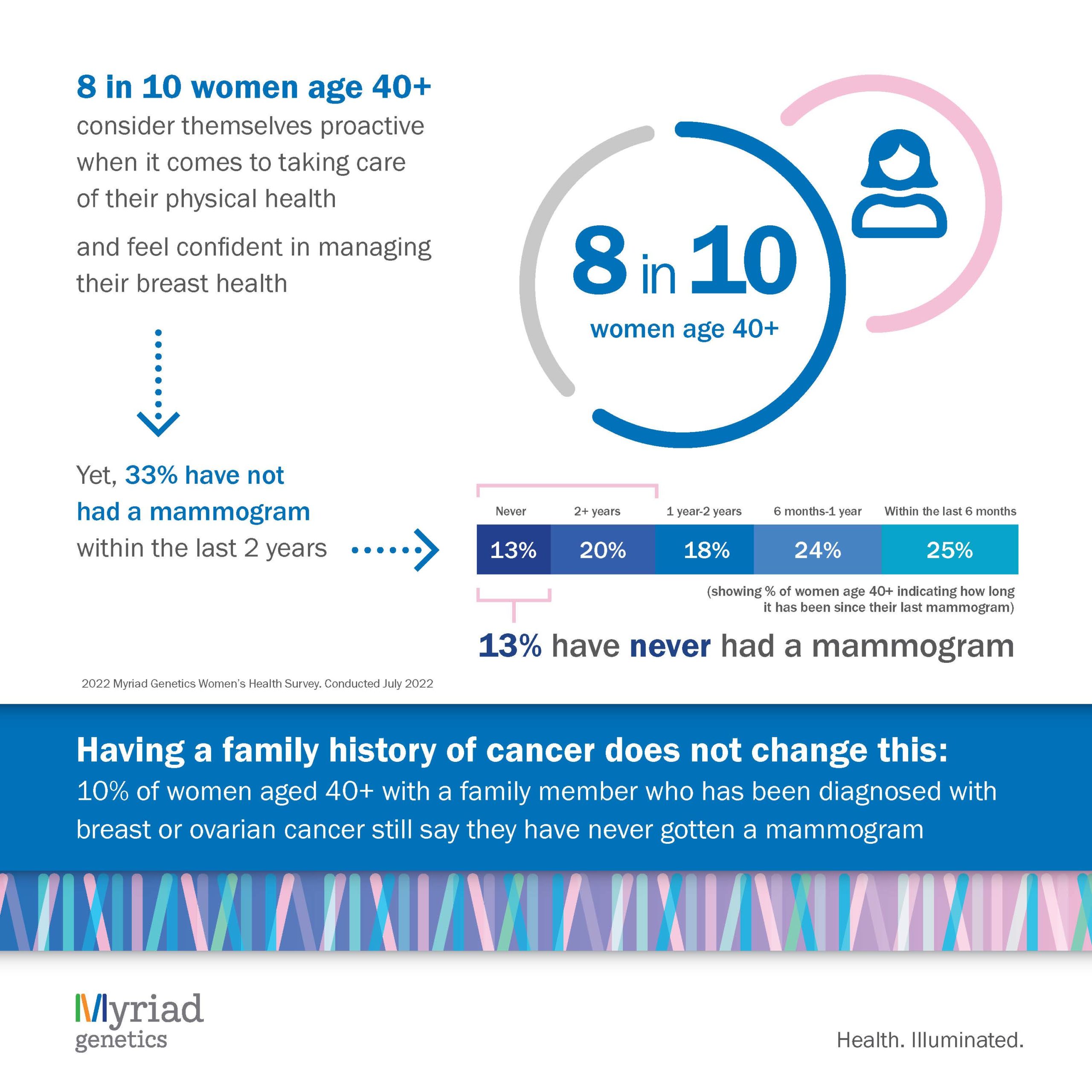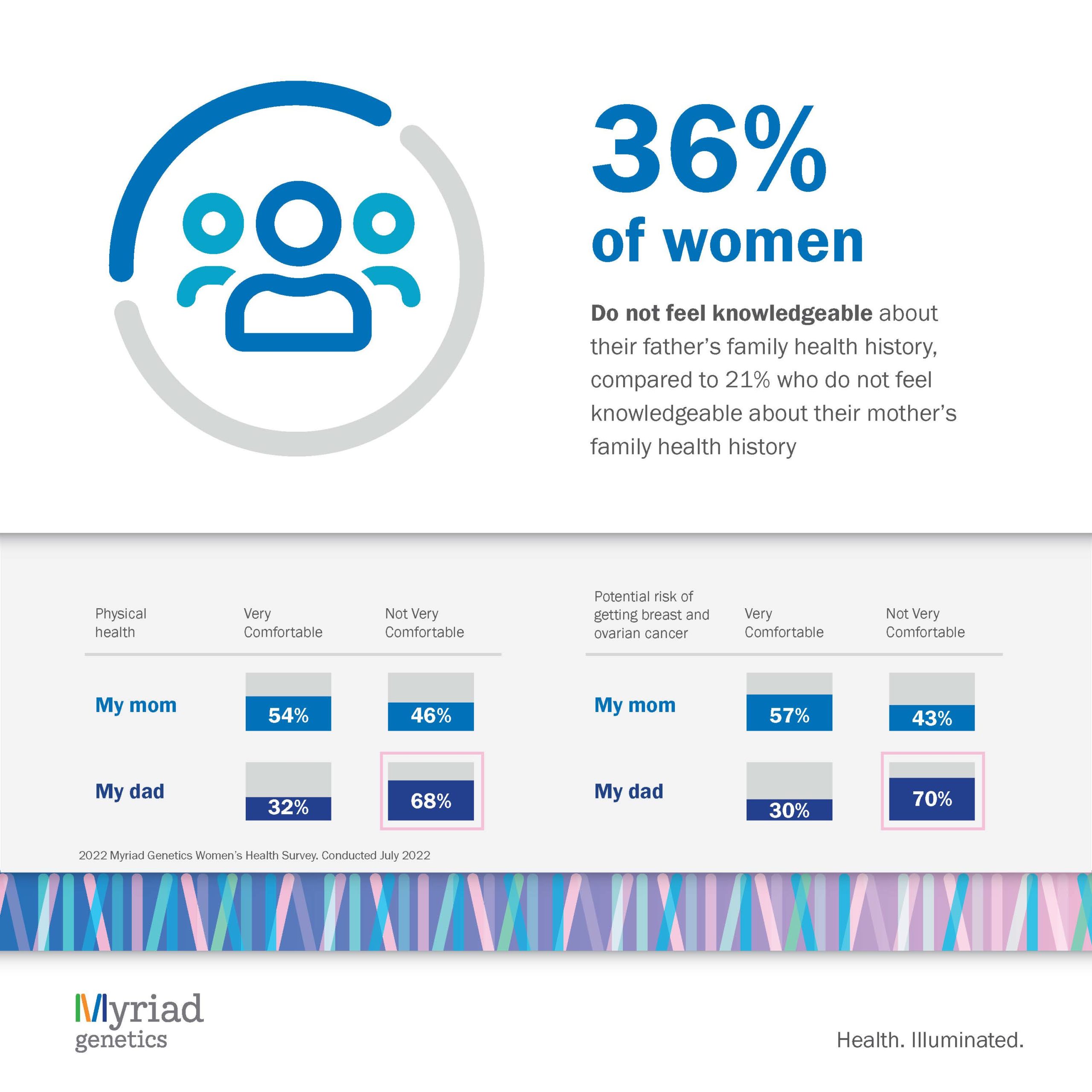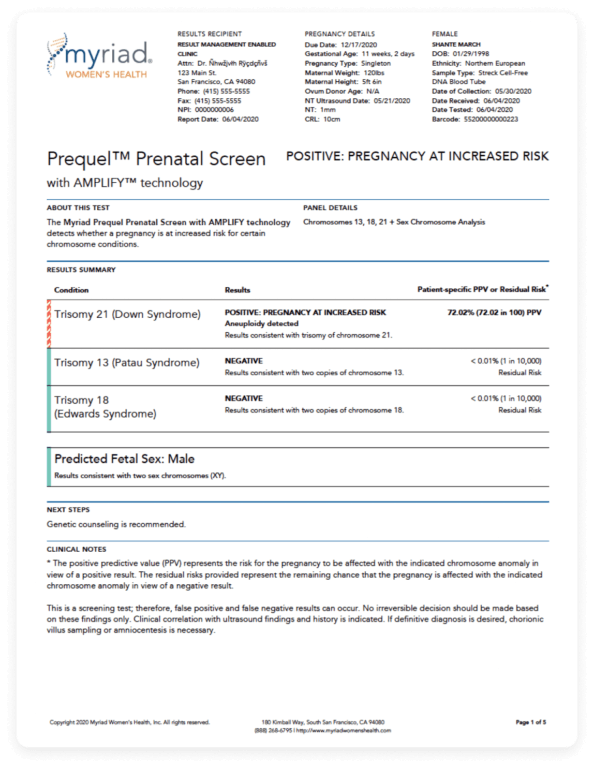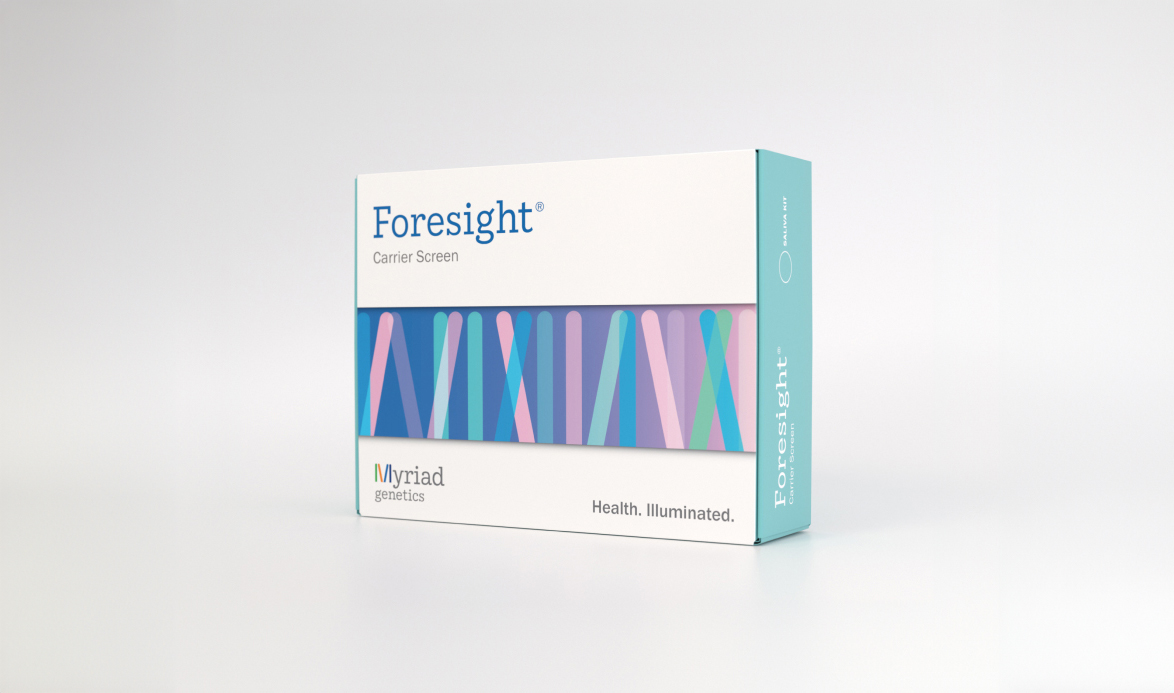Myriad Women's Health Foresight Carrier Screen
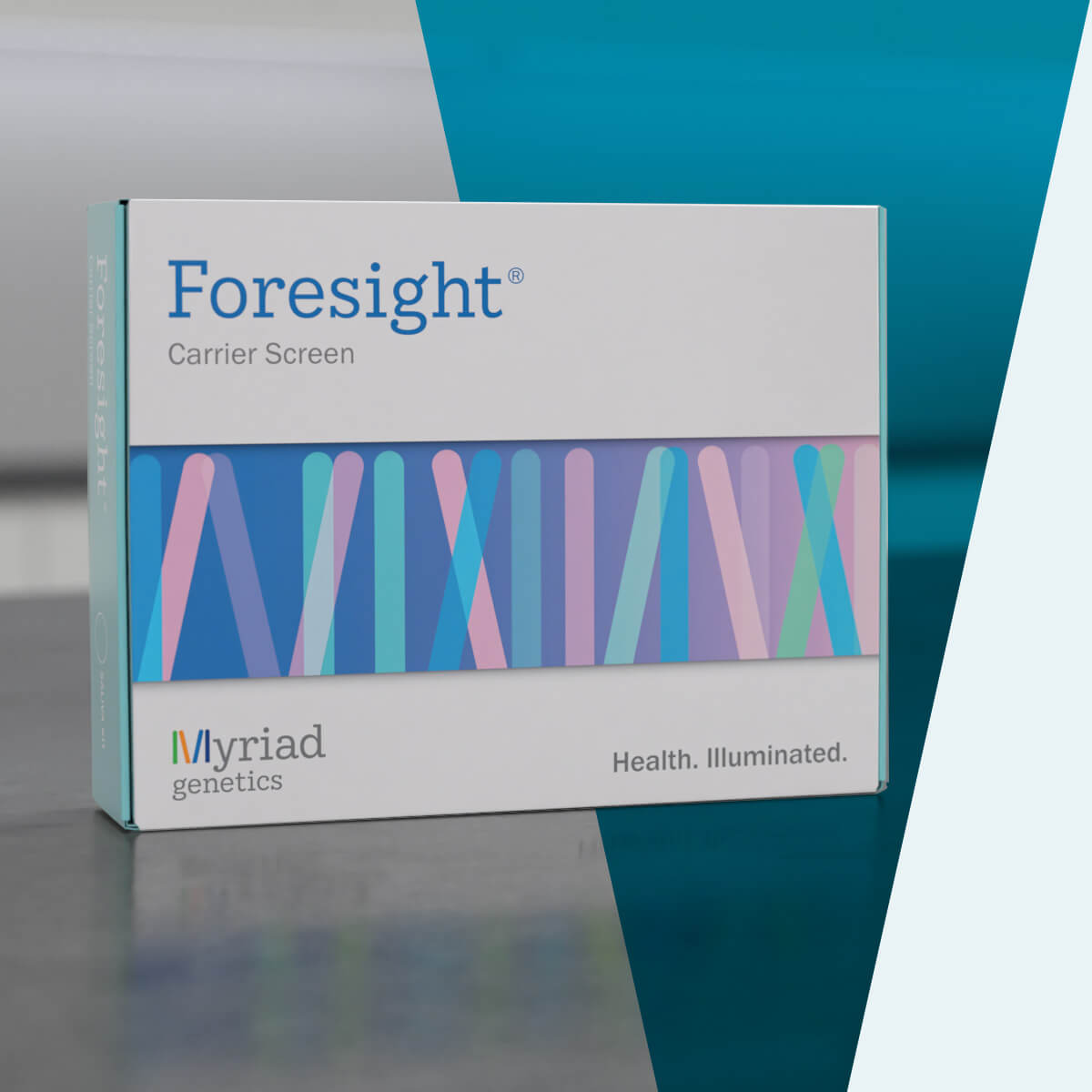
The landscape of reproductive health is undergoing a quiet revolution, driven by advancements in genetic screening. Couples planning a family now have unprecedented access to information about their risk of passing on inherited disorders, empowering them to make informed decisions about their reproductive journey. At the forefront of this revolution is Myriad Women's Health with their Foresight Carrier Screen, a comprehensive test designed to identify potential genetic risks before conception or during early pregnancy.
The Foresight Carrier Screen, a product of Myriad Women's Health, is a DNA-based test that analyzes a prospective parent's genes to determine if they carry genetic mutations associated with a wide range of inherited conditions. This information, when combined with the results of their partner, can provide valuable insights into the likelihood of their child inheriting a particular disorder. Understanding this risk allows couples to explore various reproductive options, including preimplantation genetic diagnosis (PGD), in vitro fertilization (IVF) with donor sperm or egg, or simply preparing themselves for the potential needs of a child with a genetic condition. It’s a powerful tool, but its availability and interpretation raise crucial questions about access, ethical considerations, and the future of reproductive choice.
Understanding the Foresight Carrier Screen
The Foresight Carrier Screen works by analyzing a DNA sample, typically collected through a saliva or blood test. This sample is then screened for mutations in hundreds of genes associated with a wide array of inherited disorders. These disorders can range in severity from mild to life-threatening and may include conditions such as cystic fibrosis, spinal muscular atrophy (SMA), and fragile X syndrome.
The number of genes and conditions included in the Foresight Carrier Screen has expanded over time, reflecting advancements in genetic research and technology. Myriad Women's Health continually updates the screen to incorporate new findings and ensure it remains comprehensive.
The Screening Process: A Closer Look
The process begins with a consultation with a healthcare provider, who will explain the purpose of the screening and discuss the individual's family history and ethnic background. This is crucial because certain genetic disorders are more prevalent in specific populations. For example, Tay-Sachs disease is more common in individuals of Ashkenazi Jewish descent.
Once the test is ordered, the sample is sent to Myriad Women's Health for analysis. The results are typically available within a few weeks and are then shared with the healthcare provider.
If both partners are found to be carriers for the same genetic condition, there is a 25% chance with each pregnancy that their child will inherit the disorder. This knowledge empowers couples to make informed decisions about their reproductive options.
Benefits and Limitations
The Foresight Carrier Screen offers numerous benefits for couples planning a family. The primary advantage is the ability to identify potential genetic risks before conception or during early pregnancy, allowing for proactive decision-making. This can reduce anxiety and uncertainty associated with the unknown.
The screen can also help couples avoid the emotional and financial burdens of raising a child with a severe genetic disorder, if they choose to use options like PGD or donor gametes. It can allow couples to prepare emotionally, financially, and logistically for raising a child with special needs.
Despite its benefits, the Foresight Carrier Screen does have limitations. It is not a diagnostic test, meaning that it cannot definitively determine whether a child will inherit a genetic disorder. It only provides information about the likelihood of inheriting a condition.
The screen does not detect all possible genetic mutations, and there is a chance that a couple could still have a child with a genetic disorder even if they both test negative. Additionally, the interpretation of results can be complex, and genetic counseling is recommended to ensure that couples fully understand the implications of their findings.
"Genetic screening is a powerful tool, but it's crucial that individuals understand the limitations and potential implications before undergoing testing," says Dr. Emily Carter, a board-certified genetic counselor.
Ethical and Societal Considerations
The increasing availability of genetic screening raises important ethical and societal considerations. One concern is the potential for genetic discrimination, where individuals are denied insurance coverage or employment opportunities based on their genetic predispositions.
Another concern is the potential for eugenics, where genetic information is used to select for desirable traits and eliminate undesirable ones. It's important that screening technologies are implemented in an inclusive and unbiased way.
Access to genetic screening is also a concern, as the cost of testing can be prohibitive for some individuals. This can create disparities in access to reproductive healthcare and exacerbate existing health inequalities.
The Future of Carrier Screening
The field of carrier screening is rapidly evolving, with new technologies and advancements constantly emerging. Whole-genome sequencing, which analyzes an individual's entire genome, is becoming more accessible and affordable.
This technology has the potential to identify a wider range of genetic mutations and provide more comprehensive information about an individual's genetic risks. However, it also raises new ethical and societal challenges, such as the management and interpretation of vast amounts of genetic data.
The future of carrier screening will likely involve a more personalized approach, where testing is tailored to an individual's specific family history, ethnic background, and reproductive goals. This will require ongoing research, education, and collaboration between healthcare providers, genetic counselors, and individuals.
Myriad Women's Health and other companies in the field are constantly working to improve the accuracy, affordability, and accessibility of carrier screening technologies. Their innovations are expected to play a pivotal role in shaping the future of reproductive healthcare and empowering individuals to make informed decisions about their reproductive health.
Ultimately, the Foresight Carrier Screen and similar technologies represent a significant step forward in reproductive medicine. While ethical and societal challenges must be addressed, the potential benefits of this technology are undeniable, offering couples unprecedented opportunities to plan for healthy families and shape the future of their children.
